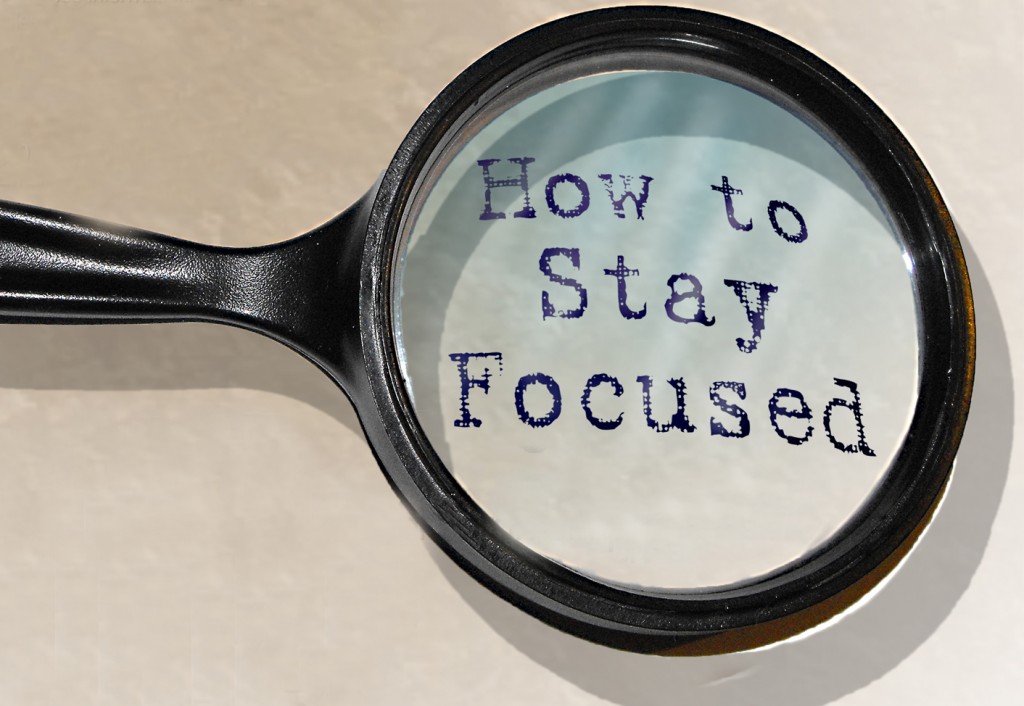We all drift, and even the most disciplined of us. I often find myself wasting time checking email more than I should or drifting unproductively through some research task.
How many of you have found yourself at the computer an hour later wondering what you sat down to do in the first place. I know I am guilty of doing so from time to time. In fact, I just caught myself starting to drift into “cleaning up my desktop” mode.
As much as I hate to jump on the bandwagon with everyone and agree with the Pareto principle (or the 80/20 rule), it’s hard not to. I know that the two hours I spend each morning working on my most important tasks is by far the most productive part of each day.
In fact, considering most of my waking days are around 16 hours and 20% of that time is 3.2 hours, I would have to agree that most of the time 20% of my time is accounting for 80% of the productivity in my life.
I have managed however, with a lot of practice to become a pretty productive person. Here are 10 things that have helped me to become more productive and maybe they’ll work for you too.
- Create an action plan by starting with the end in mind. Don’t be afraid to commit to specifics. For instance, If your goal is to write 100,000 word book in one month, figure out approximately how much time you will need to write 3334 words per day and then create an action outline.
- Prioritize – If you have created an action outline from the step above it will be easier to create daily task lists to keep yourself from drifting or task creep.
- Ritualize productivity – build productivity up in your mind and set aside a special time each day when you will go over your productivity exercises.
- Practice, practice, practice – Everybody has to start somewhere – working toward your goals each day will help you form good habits. Remember, this is practice so don’t get down on yourself if you fail to be perfect. Just put your blinders on and keep going.
- Cancel out any contact unrelated to the task at hand. Unless it is an emergency put family and friends on hold. This may be uncomfortable but that leads us to the next productivity factor.
- Just say no – no to email, no to kids, no to spouses, no to clients, no to friends. Family and friends are important but they can stifle our productivity.
- Keep your task list small. Don’t be too ambitious. Be realistic. My experience has been that I can usually do one to three important tasks within my two hour time frame.
- Always do an action step before a thinking or research step. Condition yourself towards action. “Trust only movement. Life happens at the level of events, not of words. Trust movement.” – Alfred Adler
- Be mindful of your special productivity time.
- Stay in the present. Keep reeling your mind back in. Nothing can stifle productivity more than thinking about the future. You have your plan, now just break it down into tasks and knock it out one task at a time.
I was reminded just now that I have not mastered these principles yet. I should have ignored the instant messages and phone call that occured as I wrote this. I didn’t but I am getting better.
